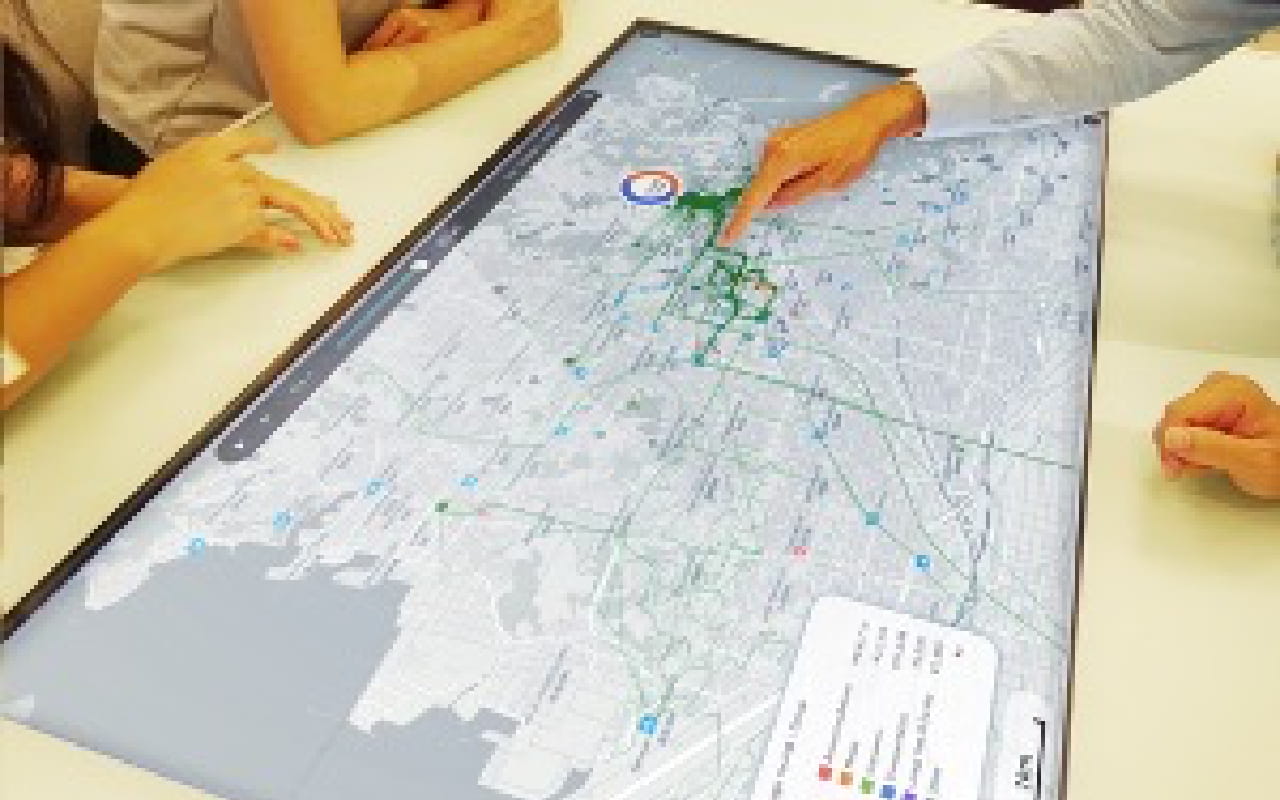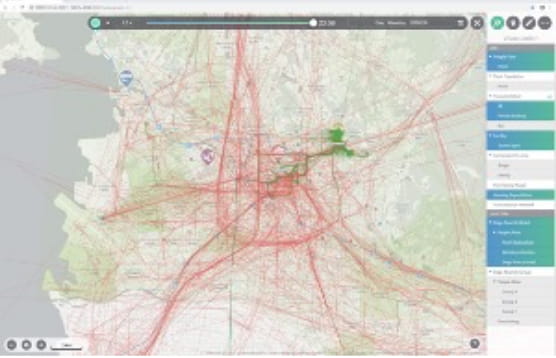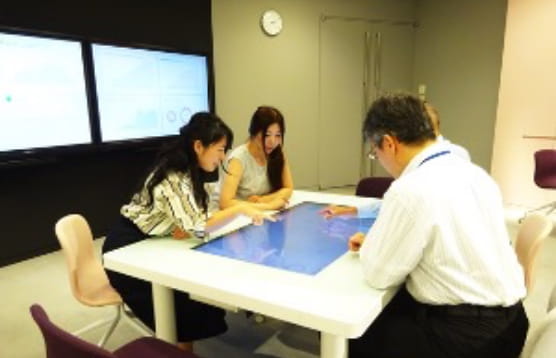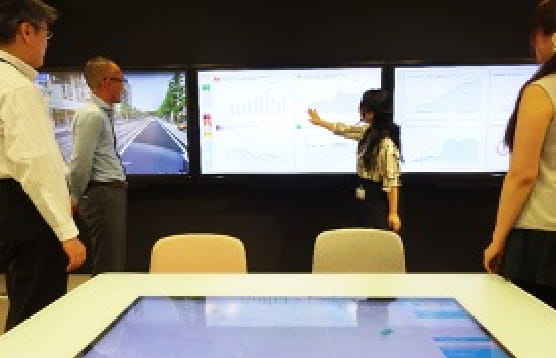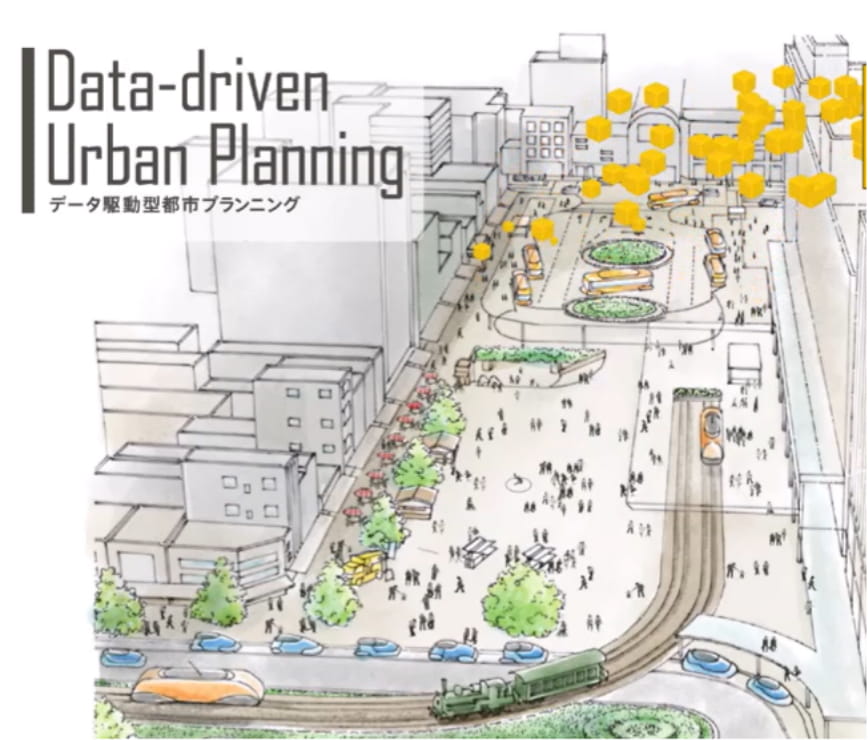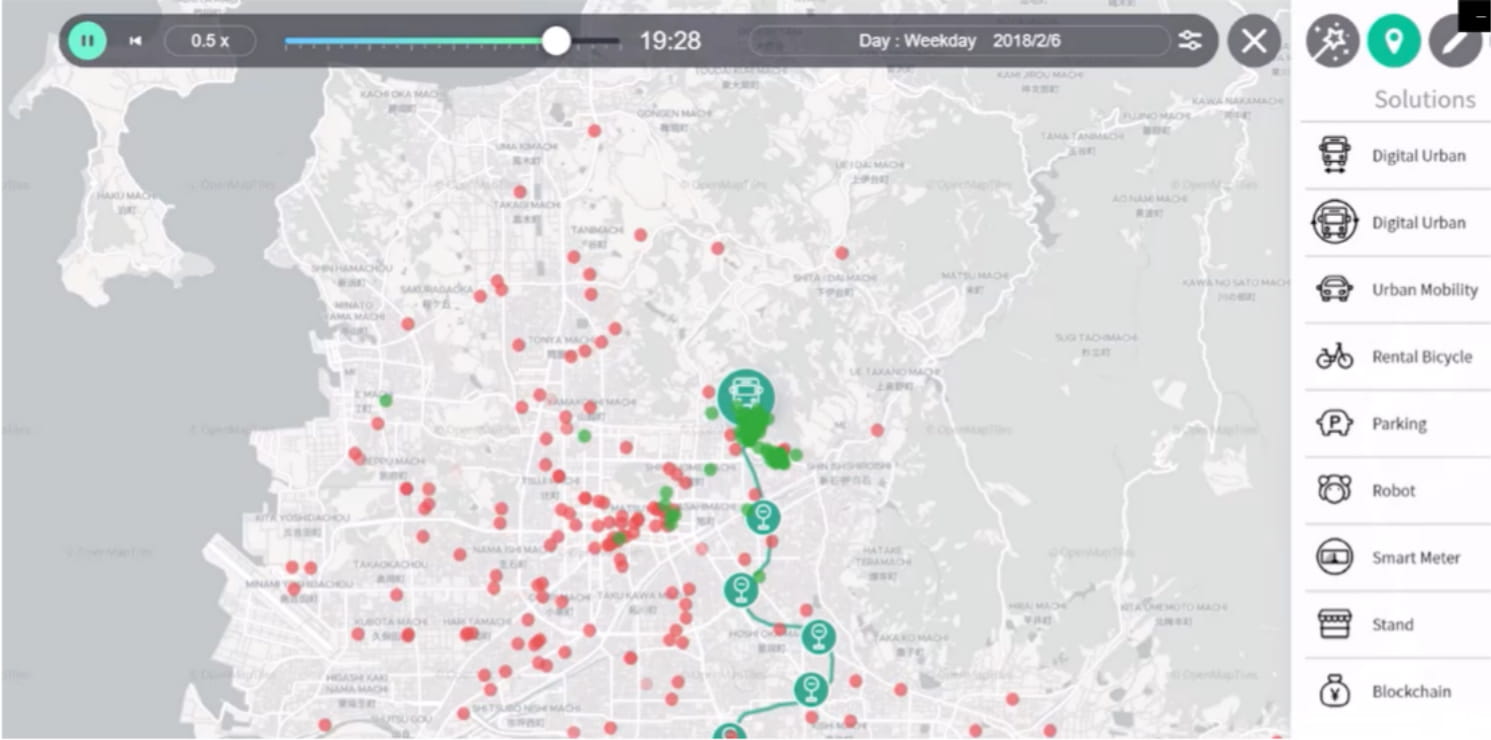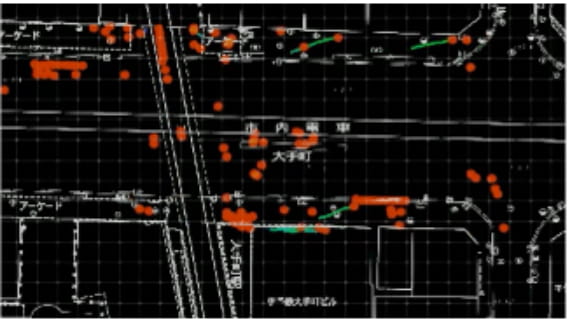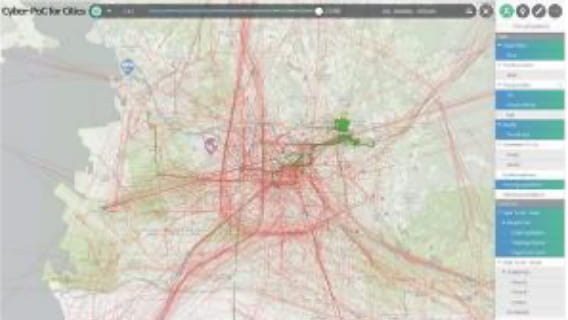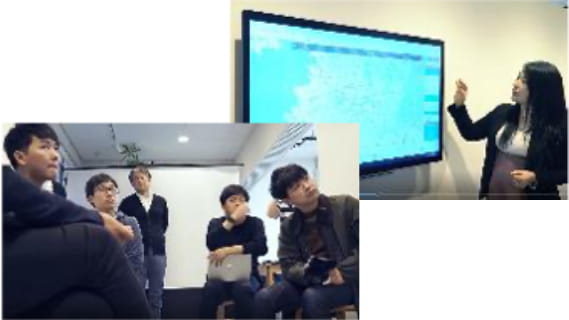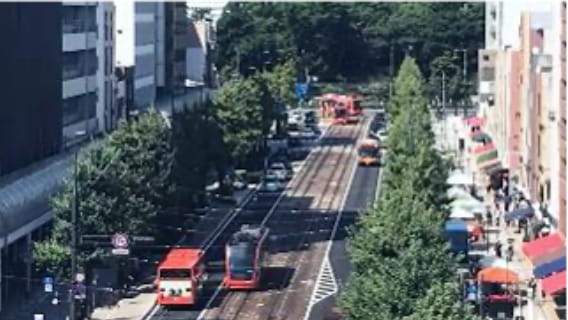
Aiming to realize true social innovation, together with Kyoto University professors and students̶the future leaders of the next-generation̶we discussed “what society is,” “what humanity is,” and “what makes a good society.” We answered these questions by going back to the basic and fundamental aspects and looking at things from a multifaceted perspective beyond technology. From 2018 onwards, in addition to the professors in the above disciplines, we also continued discussions with experts in astrophysics, insect ecology, neurophysiology, benefits of inconvenience, applied life sciences, and other fields, and delved into the importance of having curiosity among the people and the initiative to ask questions about society. These initiatives have been published in a book entitled “Beyond Smart Life (Curiosity-Driven Society). ” (August 2020, Nikkei Business Publications) To “foster the people’s curiosity in social issues,” as proposed in the book, we are currently developing digital contents for learning using XR technology* together with students and experts in the field. Cyber-PoC for Cities is a workshop tool that helps elicit empathy during community development discussions among citizens, local governments, and enterprises. We are currently conducting research to develop it as a standard tool for smart cities. Communities include various stakeholders, such as local governments, enterprises, and citizens. Achieving consensus among all these stakeholders regarding scenarios for new community development is a challenging task. Cyber-PoC for Cities visualizes community data and the benefits of deploying solutions to address issues from multifaceted perspectives of economic efficiency, sustainability, and residents’ QoL. This creates opportunities for engaging stakeholders in discussing the future of the community and enabling them to empathize with each other.
Since 2016, Kyoto University and Hitachi have been searching for the root cause of social issues in 2050 and conducting research on their solutions, proposing the roles that universities and companies should play.
In 2017, through discussions with Kyoto University professors in the fields of primatology and anthropology, western history, economics, social psychology, and area studies, we consolidated the fundamental social issues that threaten our lives as “Crisis 5.0.”
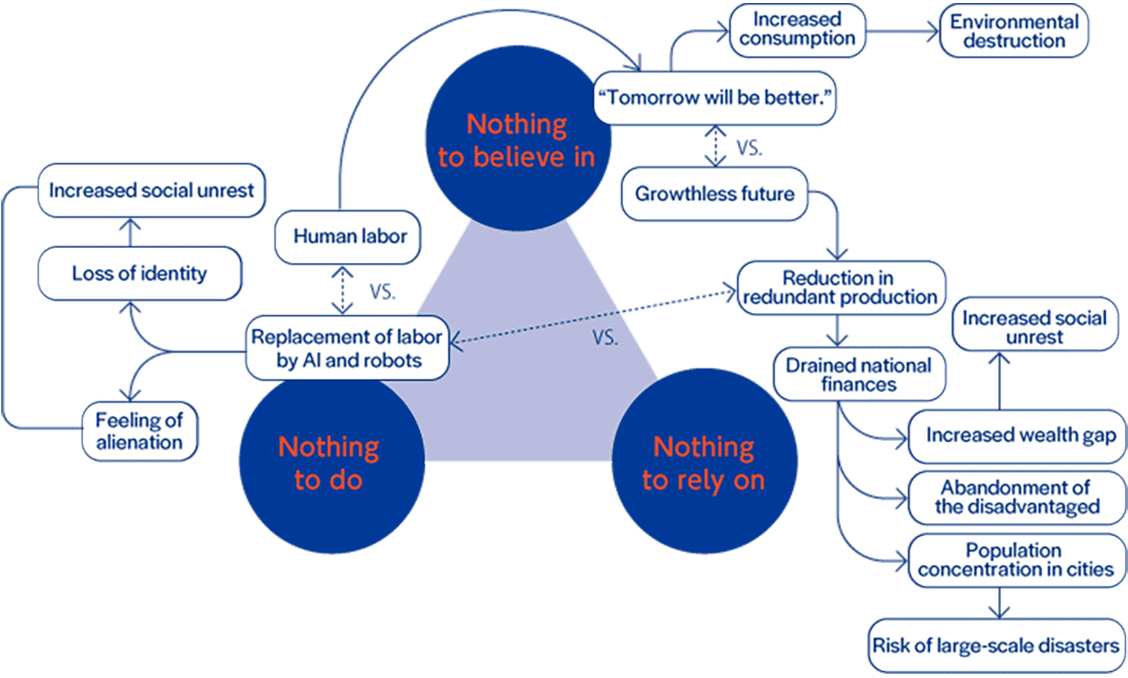
From 2018 onwards, in addition to the professors in the above disciplines, we also continued discussions with experts in astrophysics, insect ecology, neurophysiology, benefits of inconvenience, applied life sciences, and other fields, and delved into the importance of having curiosity among the people and the initiative to ask questions about society.
These initiatives have been published in a book entitled “Beyond Smart Life (Curiosity-Driven Society). ” (August 2020, Nikkei Business Publications)
To “foster the people’s curiosity in social issues,” as proposed in the book, we are currently developing digital contents for learning using XR technology* together with students and experts in the field.
*XR technology: General term for the superimposition and fusion of the virtual and real worlds
Communities include various stakeholders, such as local governments, enterprises, and citizens. Achieving consensus among all these stakeholders regarding scenarios for new community development is a challenging task.
Cyber-PoC for Cities visualizes community data and the benefits of deploying solutions to address issues from multifaceted perspectives of economic efficiency, sustainability, and residents’ QoL. This creates opportunities for engaging stakeholders in discussing the future of the community and enabling them to empathize with each other.
